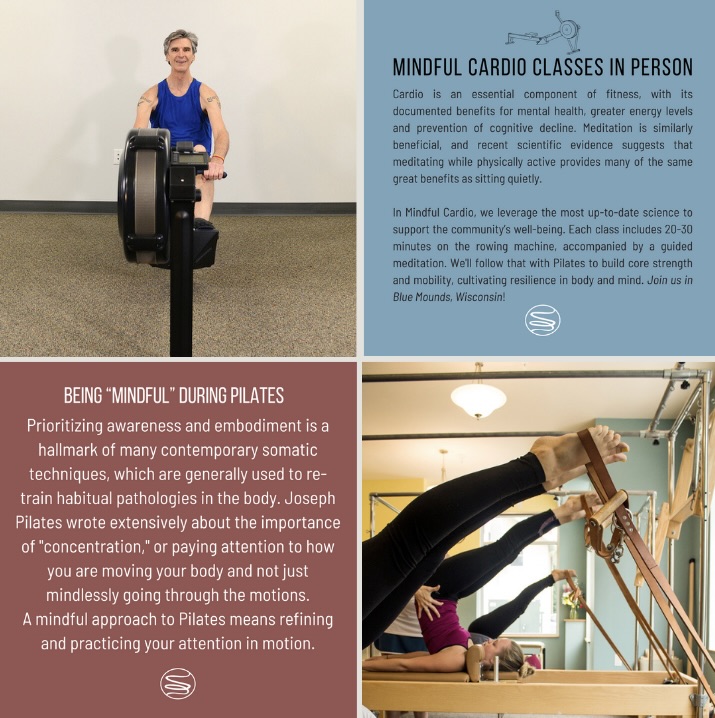Joint Laxity and Aerobic Fitness
Many
of us have found a home on our yoga mat, and the comforts of home have helped
us reconnect our minds and bodies. The time on the mat has shown us so much. How can we build on what we’ve learned through yoga as we work toward
developing whole-body fitness?
 |
| Nordic Skiing is one of many ways to develop aerobic fitness |
As
I’ve mentioned in previous blog posts, the science is consistent and clear: Hatha Yoga does not build the kind of aerobic fitness that confers so many
great benefits for body and mind. While this may seem like some pretty bad
news, all is not for naught. Many of us have learned a lot about our minds and
bodies from our yoga practices, and this embodied wisdom can help us explore
the territory that lies beyond our comfort zone.
When
your joints are looser— and many yogis and yoginis were born with a degree of
joint laxity— developing heart-healthy aerobic fitness can be more challenging.
The world of fitness, and particularly aerobic fitness, is largely geared to
those with stiffer joints.
For
those with stiffer joints, getting on the elliptical trainer, going out for a
run or taking an aerobics class gets the job done. For those with a degree of
joint laxity, however, building aerobic fitness may be quite different. And
when those of us with joint laxity try to fit the round peg in the square hole,
the result tends to be undue muscle soreness or feeling depleted by exercise.
The
more I talk with friends and colleagues in the yoga community, the more I’m
impressed by people’s motivation to be healthier and happier. While it’s clear
that the majority of yogis and yoginis recognize the importance of
cardiovascular health, many have had negative-reinforcement experiences when
they explore aerobic fitness.
Having
worked with thousands of yoga students over the past 25+ years of teaching, a
number of patterns have emerged. In the coming months a group of Alignment Yoga
faculty will be exploring a novel approach for bringing the great benefit of
aerobic fitness to the greater community. Along the way, we’ll be posting
updates on our ongoing research.



Comments